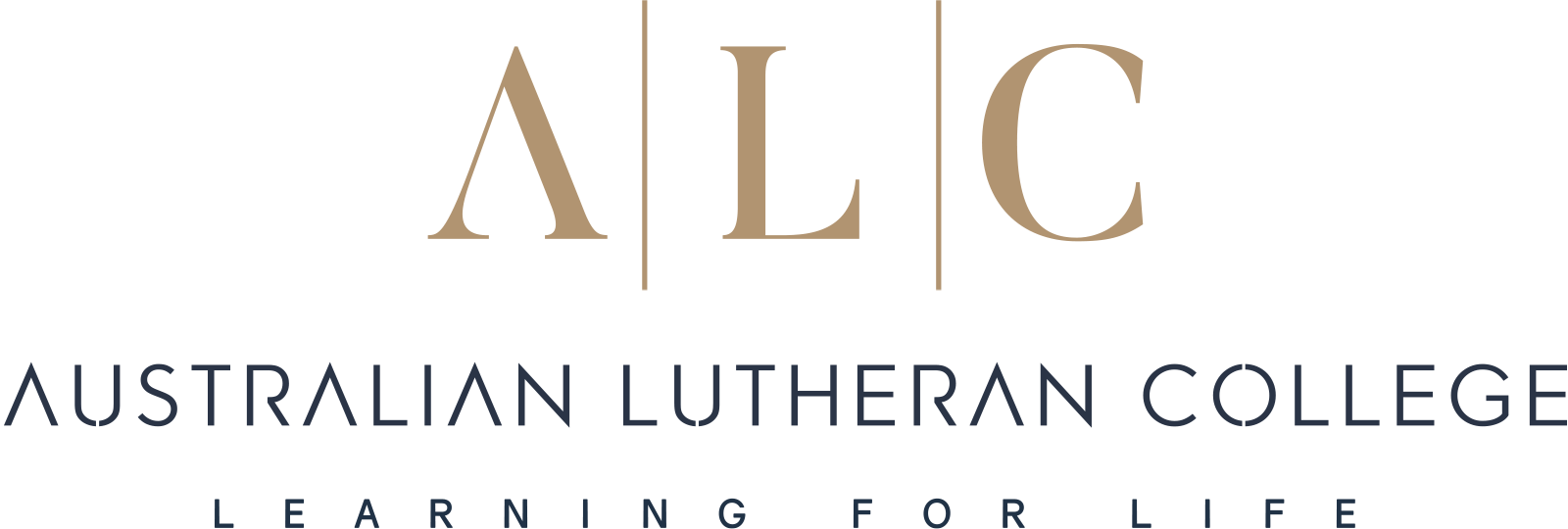Classification systems
Classification at Löhe Memorial Library
There are two classification systems used to organise the print collections at Löhe Memorial Library. These are the Pettee System and the Dewey Decimal Classification System.
Understanding these systems will help you locate your resources within the library.
Pettee Classification System
The Pettee Classification System is the primary classification system used at Löhe Memorial Library. Most shelved resources are organised according to this system.
Finding your resources
Based on an alpha-numeric notation, the following outlines the main classes within the system:
|
A: Bibliography, General Works |
N: Missions |
|
B: Language & Literature |
O: Comparative Religions |
|
C: Bible |
P: Sciences, Psychology |
|
D: Old Testament |
Q: Philosophy, Ethics |
|
E: Intertestamental Period, Judaism |
R: Systematic Theology |
|
F: New Testament |
S: Social Sciences, Sociology |
|
G: Patristics, Christian Literature |
T: Education |
|
H: General History |
U: The Church, Worship, Church Law |
|
I: Church History |
V: Music, Hymnology |
|
J: History of Doctrine |
W: Church Work |
|
K: Denominational Church History |
X: Christian Life, Devotional Literature |
|
L: Local History – Europe |
Y: Fine and Practical Arts |
|
M: Local History – America, Asia, Africa, Australia |
Z: Special Collections |
About the Pettee System
The Pettee System was developed by Julia Pettee (1872–1967), who was the chief cataloguer in the library of the Union Theological Seminary from 1909 to 1939. The Pettee system was developed specifically for organising theological resources, as Julia Pettee considered the Dewey system unworkable for a specialised collection. This is because the wide range of specialties within the religion class, classified according to the Dewey Decimal System, result in numbers having to be extended to several digits beyond the decimal point, generating numbers too long to fit across the spine labels on books.
While Pettee is no longer being developed as a classification system, it is still widely used by theological libraries worldwide. Within Australia, some libraries have elected to migrate to other systems such as the Library of Congress, but there are still a number of libraries that use the Pettee system. These include: St Mark's Theological Centre (ACT), Gilbert Wright Library at Morling College (NSW), Presbyterian Theological Centre Library (NSW), Dalton McCaughey Library of The Uniting Church (VIC), W. Searle Library Melbourne School of Theology (VIC), Leon Morris Library Ridley College (VIC), and Camden Theological Library (NSW).
Dewey Decimal Classification System
The Dewey Classification System is a secondary system used to organise the Christian Resources Collection, currently housed in the periodicals room.
Finding your resources
This system divides a body of knowledge into 10 main subject groups or categories, represented by numbers beginning with 000 and going on to 999. The following outlines the main classes within this system:
000–099: General References or Works (encyclopaedias, biographies, periodicals and journalism)
100–199: Philosophy, Psychology and Logic
200–299: Religion
300-399: Social Sciences (how people live and work in society; law, government and institutions)
400–499: Language (English, grammar and dictionaries)
500–599: Natural Science (Mathematics, astronomy, physics, chemistry, geology, palaeontology, biology, zoology, and botany)
600–699: Technology and Applied Science (medicine, engineering, agriculture, home economics, radio, TV, and aviation)
700–799: Fine Arts and Recreation (architecture, sculpture, painting, music, photography and recreation)
800–899: Literature (plays, poems, essays, literature in foreign languages)
900–999: History and Biography (history, biography, geography and other related disciplines)
About the Dewey System
The Dewey System, named after Melvil Dewey, an American librarian who developed it in 1876, is the most widely used classification system, i.e. most public libraries and school libraries, worldwide, use this system.





